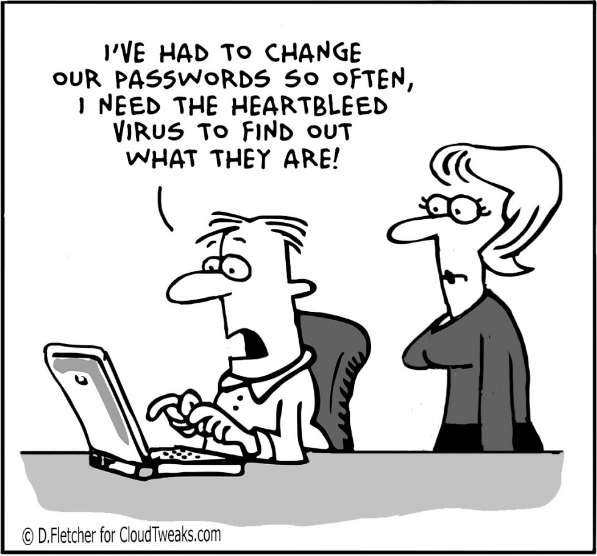 The cloud has continued to be a lucrative market as we wade past the halfway mark of 2016, with a lot of capital being spent in it’s direction, both in acquiring the tools and keeping the talent that can tweak and customize the platforms. A recent survey of the most paying jobs in IT asset inventory management system revealed cloud skills to be the most rewarding.
The cloud has continued to be a lucrative market as we wade past the halfway mark of 2016, with a lot of capital being spent in it’s direction, both in acquiring the tools and keeping the talent that can tweak and customize the platforms. A recent survey of the most paying jobs in IT asset inventory management system revealed cloud skills to be the most rewarding.
The 7 Highest-Paying Job Skills in IT
- Cloud computing
We can only assume since you’re reading Talkin’ Cloud that this finding will put a big smile on your face: cloud computing is the number one highest-paying skill for jobs in IT. As cloud adoption grows, cloud computing jobs will abound.
Mean salary: $115,826
Median salary: $118,000
IT professionals’ salaries overall are on the rise, but there are certain job functions where salaries are higher than others, according to the 2016 IT Skills and Salary Report released by Global Knowledge.
Better bonuses and more raises contributed to higher salaries, but skills in certain high-demand areas translated to higher salaries for IT professionals.
In the following slideshow, Talkin’ Cloud looks at the top 7 highest-paying IT job functions, based on the Global Knowledge report. See full report here
Through the use of the technologies that integrate on the cloud, service providers have managed to make businesses more human in the eyes of their clients. Sometimes the human condition of errors and even panic become more visible to users of their products.
Cloud computing pushes enterprise vendors closer to their customers
Cloud computing may help make running enterprises a little bit easier (allegedly), but it has not made running an enterprise software business any easier. If anything, things have gotten more difficult for vendors lately…
…The most challenging piece of the rapidly accelerating migration to cloud for enterprise software providers is delivering a superior customer experience…
…That’s the gist of a recent analysis produced by Bain and Company, which points out that in the era of cloud connectivity, the era of shoddy releases and so-so customer service is coming to an end. “For many years, enterprise technology companies got along fine with pretty low customer experience ratings–just about the lowest, in fact, of the industries we measured,” the report’s authors, Chris Brahm, James Dixon and Rob Markey, state. But it never seemed to matter, they continue: “Once software or hardware was installed and running, companies were reluctant to go through the expense and hassle of changing vendors, even if the technology wasn’t delivering a superior experience.”…read more here
So while we saw the good side, it also exposed the bad and it only goes to make companies work more to appear (be) perfect. Security too has been a huge cause for panic among customers and Cloud service providers. Some appealing to the public not to rely on passwords alone for security.
DO NOT RELY ON PASSWORDS TO PROTECT YOUR ONLINE INFORMATION!
Password Challenges
Simple passwords are no longer safe to use online. John Barco, vice president of Global Product Marketing at ForgeRock, explains why it’s time the industry embraced more advanced identity-centric solutions that improve the customer experience while also providing stronger security.
Since the beginning of logins, consumers have used a simple username and password to secure their sensitive information across the Internet. This approach made do in the early days of ecommerce, but with the rampant growth of phishing and other fraudulent activity, it’s time for a new industry standard. For businesses everywhere, this need for change has created important questions about how to protect sensitive information in a cost-effective manner, without diluting customer usability and convenience.
Image source: CloudTweaks
An overview of the rest of the trends worth looking out for in 2016 is summarised by the video below:
Just like any other area of technological innovation, cloud is a massive industry which has developed in ways few would predict a couple of years ago. As more individuals and enterprises embrace cloud technologies, the security and usability questions become a central focus of many providers. But consumer expectations aren’t the only factor shaping the state of cloud…read more
Video: Youtube



